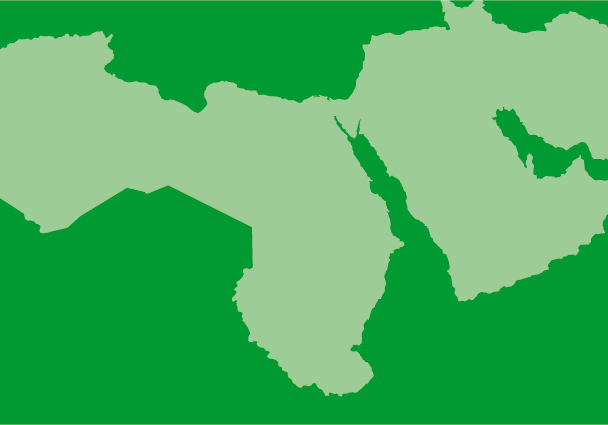
Feb 28, 2017
The ICJ today called on the Lebanese authorities to introduce comprehensive legal and policy reforms to ensure that the judiciary is fully independent, impartial and accountable.
Measures must be taken to ensure that the judiciary is not subject to any form of undue influence by political actors and confessional communities, and that it is able to fulfill its responsibility to uphold the rule of law and human rights, added the Geneva-based organization.
The statement came as the ICJ published three legal briefings analyzing aspects of the legal framework regulating the ordinary justice system, in particular Decree-Law No. 150/83 on the organization of the judiciary. The briefings formulate recommendations for amending the provisions relating to the High Judicial Council, the management of the career of judges, and judicial accountability.
“Decree-Law No. 150/83 does not guarantee judicial independence at the institutional and financial levels, nor does it adequately safeguard the independence of individual judges,” said Said Benarbia, ICJ Director of the Middle East and North Africa Programme.
“If anything, it allows for improper political influence over virtually every aspect of judges’ careers, including their selection and appointment, their transfer through arbitrary procedures, and their discipline, suspension and removal through unfair and opaque proceedings”, he added.
The assessment by the ICJ concludes that instead of acting as a check against improper political influence in judicial matters, the High Judicial Council itself is vulnerable to such influence. This is evident in the fact that the Minister of Justice is empowered to appoint eight of the Council’s ten members and sets the budget of the High Judicial Council and of the judiciary as a whole.
In its briefings, the ICJ called for:
- the majority of members of the High Judicial Council to be judges who are elected by their peers;
- the establishment of detailed and objective criteria for all elected and appointed candidates, including for the appointment of the President and the Public Prosecutor of the Court of Cassation; and
- the High Judicial Council to be given full control over its financial resources.
The ICJ also called for legal reforms to be introduced to reinforce the independence of individual judges. These are necessary to ensure that their selection, appointment, transfers and evaluations are based on transparent procedures and objective criteria, and that any disciplinary action against them is only pursuant to well-defined standards and respectful of all due process guarantees.
Under the current framework, the system for evaluating and promoting judges is opaque and open to cronyism and, in particular, to the undue influence of the executive and political actors. In addition, the Minister of Justice holds an outsize role in the process of selecting and appointing judges, and in initiating disciplinary proceedings against them, referring matters to the disciplinary council, and suspending judges pending a disciplinary decision.
“Ensuring that, once reformed and independent, the High Judicial Council is exclusively competent to manage all aspects of the careers of judges is a sine qua non condition not only to establish and uphold judicial independence, but also to restore the public faith and confidence in the integrity of the Lebanese justice system,” concluded Benarbia.
Contact
Said Benarbia, Director of the ICJ Middle East and North Africa Programme, t: +41 22 979 38 17: said.benarbia(a)icj.org.
Lebanon-judicial independence-News-Press release-2017-ARA (full story in Arabic, PDF)
Lebanon-Memo re HJC-Advocacy-Analysis Brief-2017-ENG (legal briefing on High Judicial Council, English, in PDF)
Lebanon-Memo re judges-Advocacy-Analysis Brief-2017-ENG (legal briefing on careers of judges, English, in PDF)
Lebanon-Memo re accountability-Advocacy-Analysis Brief-2017-ENG (legal briefing on judicial accountability, English, in PDF)
Lebanon-Memo re HJC-Advocacy-Analysis Brief-2017-ARA (legal briefing on High Judicial Council, Arabic, in PDF)
Lebanon-Memo re judges-Advocacy-Analysis Brief-2017-ARA (legal briefing on careers of judges, Arabic, in PDF)
Lebanon-Memo re accountability-Advocacy-Analysis Brief-2017-ARA (legal briefing on judicial accountability, Arabic, in PDF)
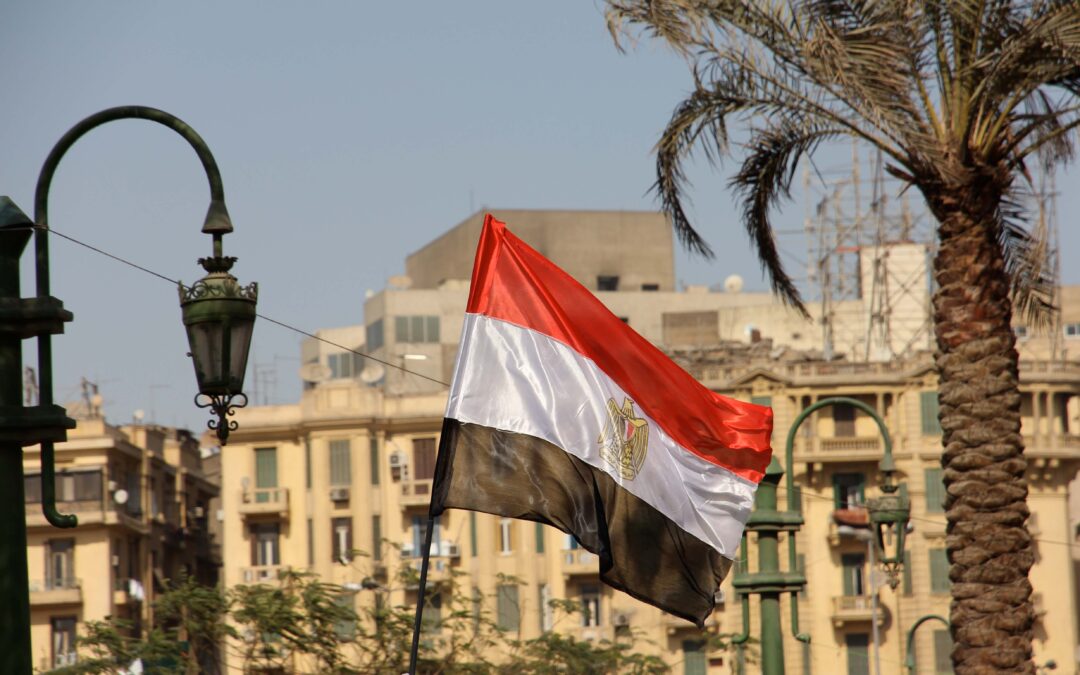
Jan 12, 2017
The ICJ today called on the Egyptian authorities to refrain from its attacks against independent judges and reinstate all those that have been removed from office following arbitrary and unfair disciplinary proceedings.
The call came as the ICJ released a legal briefing assessing the compliance of the mass disciplinary proceedings in the “the July 2013 Statement case” with international standards on judicial independence and due process.
Upholding a decision by the Disciplinary Board in the “July 2013 Statement case”, the Supreme Disciplinary Board found that 31 judges were “unfit” to hold judicial office for endorsing a public statement following the ousting of President Morsi and the seizure of power by the Military.
The Statement called for the 2012 Constitution to be restored, for a dialogue between all stakeholders to be established within the framework of constitutional legitimacy, and for the right to peaceful demonstration to be respected.
“The July 2013 Statement was a legitimate exercise, by the concerned judges, of their rights to freedom of expression, assembly and association,” said Saïd Benarbia, ICJ MENA Director.
“Removing these judges from office for exercising such rights and following mass, arbitrary, and unfair proceedings runs counter to Egypt’s obligations under international law to respect and observe the independence of the judiciary,” he added.
According to international standards, judges can only be removed for reasons of incapacity or behaviour that renders them unfit to discharge their duties after a fair hearing before an independent and impartial body.
The ICJ briefing analyses the numerous procedural and substantive flaws that marred the July 2013 Statement Case, including violations of the judges’ rights to freedom of expression and assembly, to a fair hearing before an independent and impartial body, and to equality of arms.
According to the study, the judges’ rights of defence were also undermined in a variety of ways, including by the failure to give judges prior and adequate notice of the hearings and access to the case file in advance of the hearings.
“Because of the litany of violations that marred the July 2013 Statement Case, the ICJ calls on the Egyptian authorities to reverse the decisions of the Supreme Disciplinary Board, to reinstate the judges that have been arbitrarily and unfairly removed from office, to refrain from attacks against the judiciary, and to put an immediate end to its campaign to silence independent judges,” Benarbia added.
Contact
Saïd Benarbia, ICJ Director of the ICJ Middle East and North Africa Programme, t: +41 22 979 38 17, e: said.benarbia(a)icj.org
Egypt-Attacks on judges-News-Press release-2017-ARA (Press release in Arabic, PDF)
Egypt-attacks-on-judges-Advocacy-Analysis brief-2017-ENG (Analysis brief in English, PDF)
Egypt-attacks-on-judges-Advocacy-Analysis brief-2017-ARA (Analysis brief in Arabic, PDF)
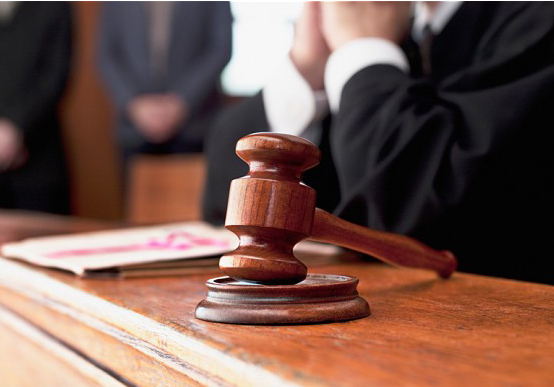
Dec 23, 2016
The ICJ today called on the Moroccan authorities to develop and adopt, in close consultation with the associations of judges, a Code of Ethics and Judicial Conduct that is fully consistent with international standards on judicial independence and accountability.
The statement came following a high-level mission to Morocco from 19 to 21 December 2016, during which the ICJ engaged with members of the Conseil supérieur du pouvoir judiciaire (CSPJ) and the judiciary on the reforms needed with a view to developing standards of conduct that are in line with the Bangalore Principles of Judicial Conduct and the UN Basic Principles on the Independence of the Judiciary.
The ICJ submitted to the Moroccan authorities and published a memo analyzing and formulating recommendations on the content of the Judicial Code of Ethics, the procedure of its adoption, the composition and functions of the Judicial Ethics Board, and the flaws in in the laws on the CSPJ and on the Statute for Judges regarding the disciplinary system.
“The development of a Judicial Code of Ethics that is consistent with international standards is an important opportunity to reinforce judicial independence and to ensure that the judiciary remain accountable to the public it serves,” said Said Benarbia, ICJ Director of the Middle East and North Africa Programme.
The ICJ is calling for the development of a Code that contain ethical duties that do not undermine a judge’s human rights and fundamental freedoms, including the right to the freedom of expression and association.
It is important not only for the judges themselves, but for the public at large, that the voices of judges are heard regarding in particular questions concerning the administration of justice.
The ICJ considers that the obligations contained in the Code must be precisely defined in order to give judges notice of the types of conduct they should undertake or abstain from.
This is particularly important given the vague and imprecise definitions of disciplinary offences as provided for by the law on the Statute for Judges.
The ICJ calls on the Moroccan authorities to review the provisions on disciplinary offences, including by ensuring that they do not unnecessarily restrict the enjoyment of fundamental freedoms by the Moroccan judges, and that they also include judicial violations of human rights and international humanitarian law, as well as offences of serious judicial corruption.
In the interim, The ICJ recommends that the Judicial Code of Ethics fill that gap by clearly specifying the types of conduct that may render judges liable to disciplinary sanctions.
Furthermore, while the law on the CSPJ provides that a Judicial Ethics Board is to be established to ensure that judges respect the obligations contained within the Judicial Code of Ethics, the ICJ is concerned that neither the composition nor the mandate of the Judicial Ethics Board are clearly specified.
The Moroccan authorities should ensure that the composition of the Judicial Ethics Board is clarified and that its functions are clearly defined, including by entrusting the Board with an advisory role.
“Ensuring that judges are able to consult the Board whenever they have questions regarding the proper application of the Judicial Code of Ethics would contribute to preventing improper conduct and thus reinforce the public’s confidence in its judiciary,” Benarbia added.
Contact:
Said Benarbia, Director of the ICJ Middle East and North Africa Programme, t: +41.22.979.3817, e: said.benarbia(a)icj.org
Additional information:
The ICJ delegation met with Mr. Mustapha Farès, First President of the Cassation Court; Mr. Mustapha Meddah, Prosecutor General of the Cassation Court; Mr Driss El Yazami, President of the National Council of Human Rights; Mr. Yassin Mokhli and Mrs Aicha Nassiri, elected members of the CSPJ; Mr. Mohamed Khadraoui, vice-President of the Amicale Hassania; and Mr Abdellatif Chentouf, President of the Judges’ Club.
Morocco-Code of Ethics-News-Press releases-ARA-2016 (full text in Arabic, PDF)
Morocco-Code of Ethics-Advocacy-Analysis Brief-2016-ENG (Memo in English, PDF)
Morocco-Code of Ethics-Advocacy-Analysis Brief-2016-ARA (Memo in Arabic, PDF)
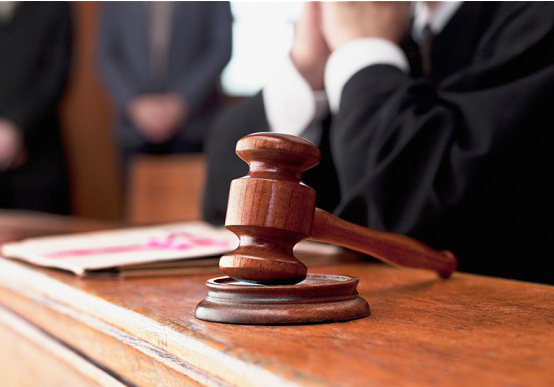
Dec 23, 2016 | Nouvelles, Plaidoyer
La CIJ a appelé aujourd’hui les autorités marocaines à élaborer et à adopter, en étroite consultation avec les associations de juges, un code de déontologie et de conduite judiciaire pleinement conforme aux normes internationales en matière d’indépendance et de responsabilité judiciaire.
Le droit à un système judiciaire indépendant et impartial est une pierre angulaire de l’État de droit et de la protection des droits de l’homme. Ce droit comme le droit à un procès équitable sont tous deux garantis par la Constitution du Maroc et par l’article 14 du Pacte international relatif aux droits civils et politiques (PIDCP), ratifié par le Maroc.
Les autorités marocaines sont donc tenues tant par la Constitution et par son droit national, que par le PIDCP, de respecter et protéger l’indépendance et l’impartialité du pouvoir judiciaire.
L’indépendance du pouvoir judiciaire exige non seulement une séparation claire des fonctions exécutive, législative et judiciaire, et des lois établissant des critères objectifs pour la nomination et assurant une rémunération adéquate et l’inamovibilité des magistrats ; mais également que la magistrature dans son ensemble, ainsi que les magistrats à titre individuel, maintiennent l’intégrité de la profession et qu’ils soient tenus responsables pour les fautes professionnelles commises dans l’exercice de leurs fonctions.
En effet, la confiance du public dans l’intégrité du système judiciaire est un élément essentiel de l’État de droit et cette confiance tient notamment au fait que les magistrats agissent de manière indépendante, sans influence ou pression indue, menaces ou autres ingérences, pour quelque raison que ce soit, et qu’ils seront tenus responsables s’ils agissent en violation de certaines normes de conduite judiciaire dans l’exercice de leurs fonctions judiciaires.
Morocco-Code of Ethics-Advocacy-Analysis Brief-2016-FRE (Texte complet en PDF)
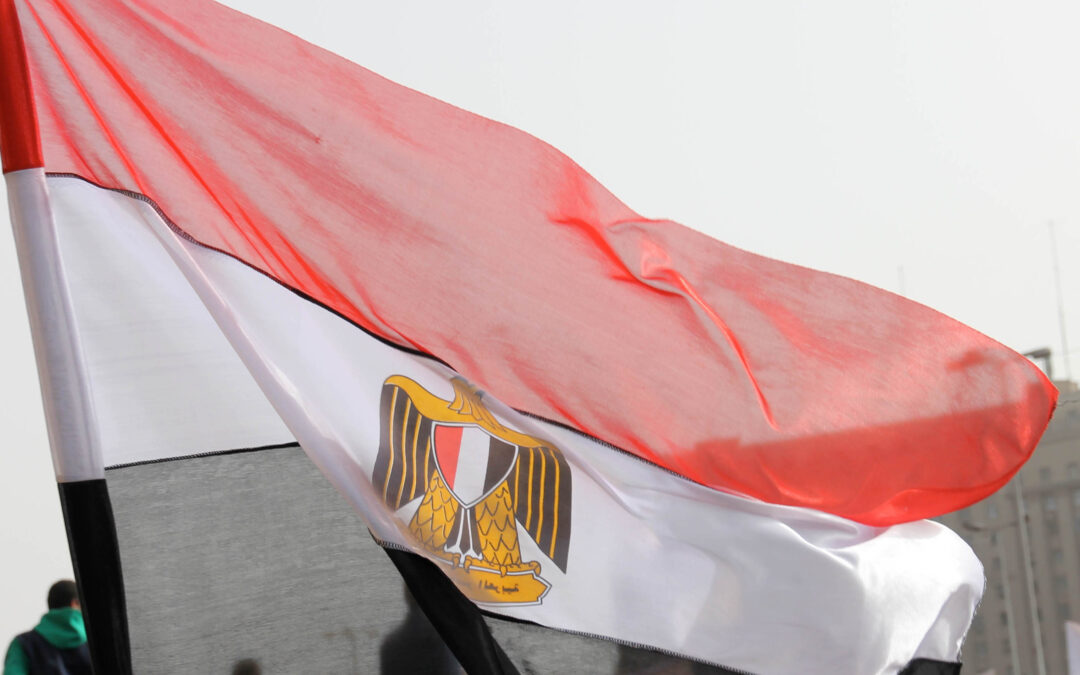
Nov 25, 2016 | Advocacy
The ICJ today joined a group of 60 organizations condemning a new law that would further repress civil society organizations and human rights advocacy in the country, and calling on the Government to stop efforts to silence civil society.The NGO statement follows urgent warnings from the UN Special Rapporteurs on Freedom of Association, on Freedom of Expression, and on Human Rights Defenders that, if implemented, the law would “devastate” civil society in the country.
The full NGO statement can be downloaded in PDF format here: egypt-ngolaw-openletter-2016









